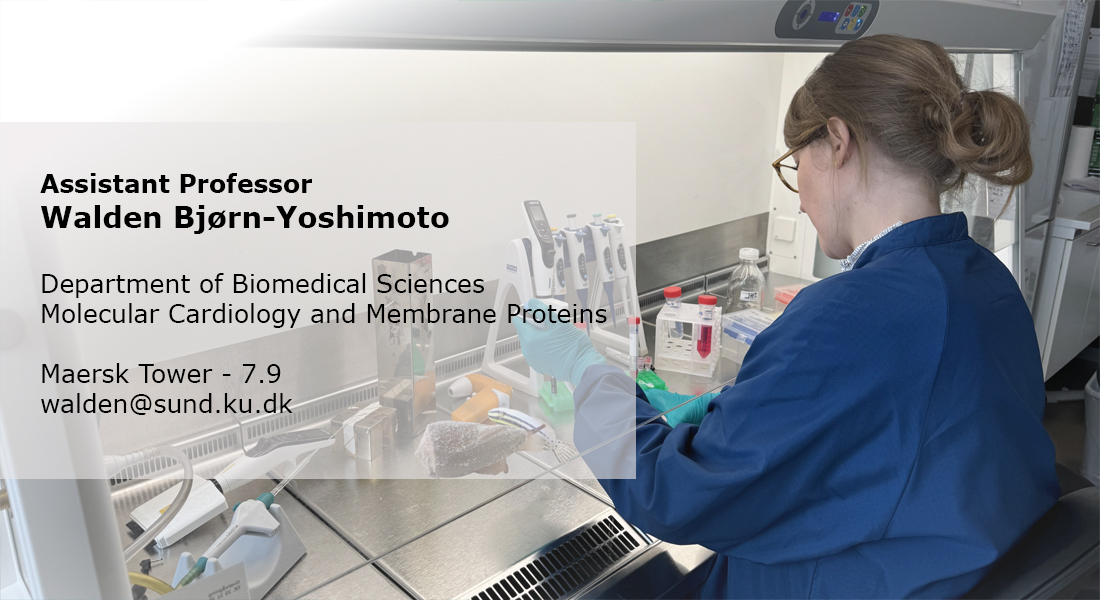Bjørn-Yoshimoto Group – Conotoxins in Biomedicine
Our group uses the chemical diversity of cone snail toxins (‘conotoxins’) to understand human biology and to inspire new way to treat disease. The focus is on toxins that have evolved to act at G protein-coupled receptors with an emphasis on hormone receptors.

Cone snails are a group of predatory marine gastropods that hunt prey, including fish, using a complex venom mixture composed of hundreds of individual peptides. These peptide toxins, called conotoxins, have a wide range of biologic activity across a wide range of molecular targets, and have already proven invaluable research tools, drug leads, and even one FDA approved drug.
Despite this, it is well recognized that only a small fraction of these peptides has been identified and characterized. This is, in part, due to the difficulty in determining the molecular target of each peptide. One part of our research is aimed at accelerating this process to more rapidly be able to apply new conotoxins as tools to better understand human biology and pathobiology, or even to use them as leads for new therapies to treat disease.
One such effort is aimed at a peptide inspired from a conotoxin that evolved from a snail hormone akin to the human somatostatin, that has shown great promise as a new non-opioid treatment for various peripheral pain conditions.
- Cell culture
- Western blotting
- ELISA
- Various receptor activity assays (e.g., GPCR, tyrosine kinase, ion channel)
- Peptide techniques (e.g. purification, separation)
Group Leader
Walden Bjørn-Yoshimoto
Assistant Professor
Phone: +45 35324089
walden@sund.ku.dk
ORCID: 0000-0003-1019-9239
Group members
| Name | Title | Phone | |
|---|---|---|---|
| Louise Vedel Staalbo | Bachelor student | ||
| Thomas Lund Koch | Postdoc | ||
| Walden Bjørn-Yoshimoto | Assistant Professor |

